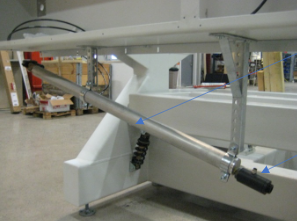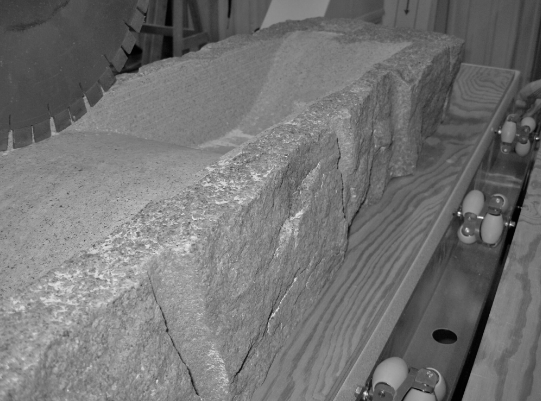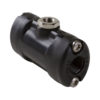Stone Fabrication Machinery
A company that develops and manufactures compact machinery to reduce cost and increase productivity for companies in the stone industry are involved in the milling, engraving, and polishing of stone of all types and sizes.
The machines are used to make accurate cutting out of granite, marble and engineered stone for sink bowls and cooking worktops, making it easy and cost effective for the stone worker. Some of the machines are also suitable for handling the polishing and engraving of large monuments and memorials.
The company have been using Pinch Valves from AKO UK on their machines to seal the vacuum system.





